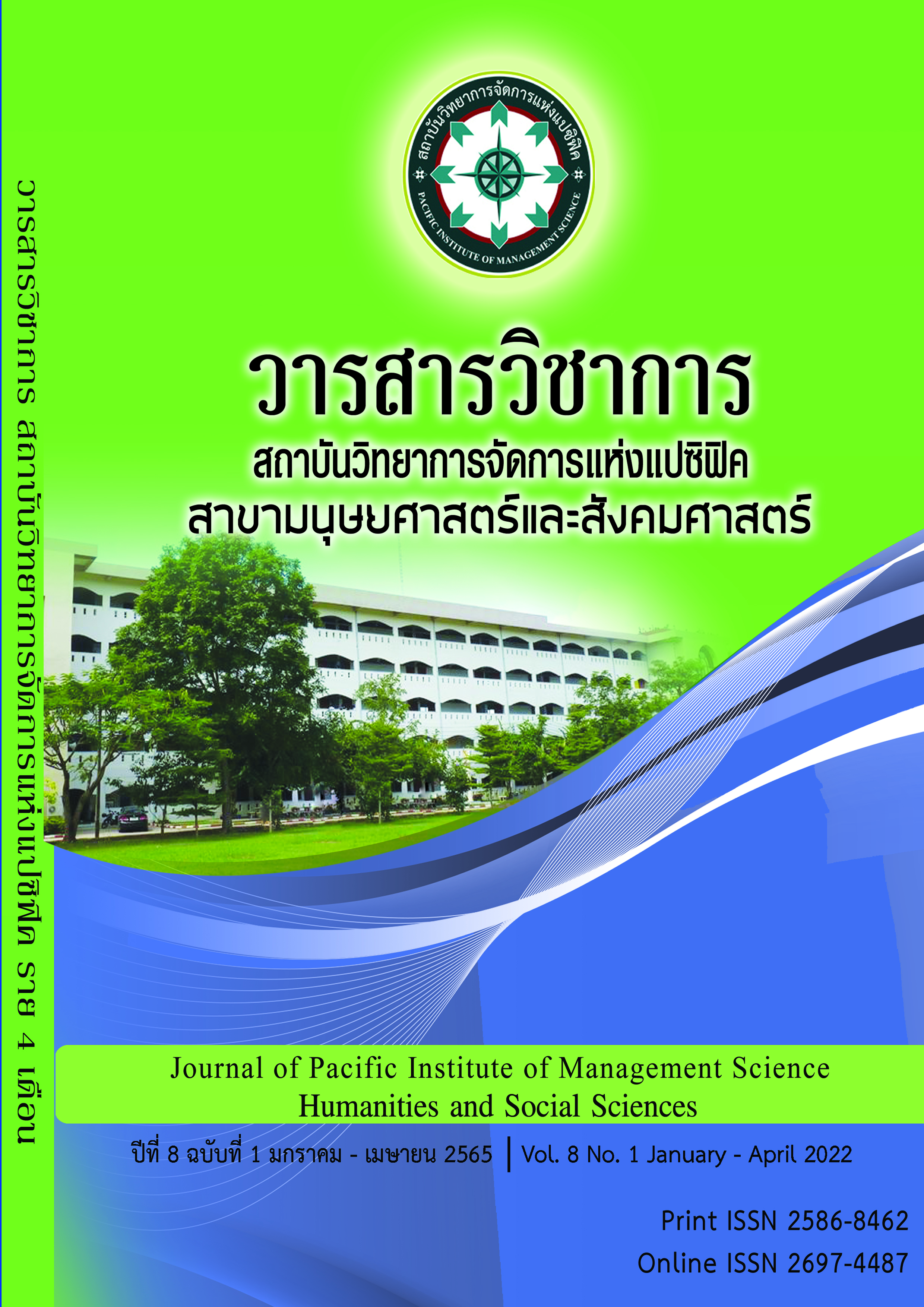Influence of Social Support on School Adaptation of Left Behind Children: A Case of Shanxi Province, China
Keywords:
left behind children in rural, social support, family support, school support, governmental support, school adaptationAbstract
The purpose of this study is to explore the influence of Social Support on the adaptation of rural left-behind children’s schools in Shanxi Province. This study divides Social Support into Government Support, School Support and Family Support. School adaptation is divided into three aspects: learning adaptation, relationship adaptation and behavior adaptation. In this paper, 500 left-behind children in 222 rural primary and secondary schools in Shanxi Province were investigated by questionnaire. Using exploratory factor analysis method, the key factors of Social Support influencing School Adaptation are analyzed. The method of linear regression was used to analyze variables and test hypotheses. Exploratory factor analysis showed that there was a correlation between Social Support and School Adaptation. In the study, it has been found that School Support had a significant positive effect on School Adaptation, Family Support had a partial positive effect on School Adaptation, and Government Support had a partial positive effect. Therefore, attention should be paid to the impact of Social Support on the School Adaptation of left-behind children in rural areas. Finally, a logical path of support is proposed to strengthen Social Support and improve the School Adaptation of left-behind children.
References
Akin, U. (2016). Innovation Efforts in Education and School Administration: Views of Turkish School Administrators. Eurasian Journal of Educational Research,16(63), 243-260.
Asher, S. R., & Wentzel, K. R. (1995). The academic lives of neglected, rejected, popular, and controversial children. Child Dev, 66(3), 754-763.
Bauer, A. M., & Shea, T, M. (1999). Inclusion 101: How to Teach All Learners. Baltimore: Paul H. Brookes Publishing Co.324.
Birch, S. H., & Ladd, G. W. (1997). The teacher-child relationship and children’s early school adjustment. Journal of School Psychology, 35(1), 61-79.
Cao, S. R. (2006). An Empirical Study on school adjustment of rural left behind children: a case study of 304 left behind children in 6 counties of Hubei Province. Youth exploration, (3), 16-19
Castillo, L. G., Conoley, C. W., & Brossart, D. F. (2004). Acculturation, White Marginalization, and Family Support as Predictors of Perceived Distress in Mexican American Female College Students. Journal of Counseling Psychology, 51(2), 151-157.
Cui, L. J., & Hao, Z. (2007). Reflections on the educational dilemma of “left behind children” in rural areas and countermeasures. Global education outlook, (11), 81-85.
Taro Yamane(1973 ).Statistics: An Introductory Analysis.3rdEd. New York.Harper and Row
Zhao, L. L., & Wang, Y. S. (2018). Analysis of problems and Countermeasures of school adjustment of rural left behind children. Contemporary education science, (1), 81-84.
Downloads
Published
Issue
Section
License
Copyright (c) 2022 Pacific Institute of Management Science

This work is licensed under a Creative Commons Attribution-NonCommercial-NoDerivatives 4.0 International License.
บทความที่ได้รับการตีพิมพ์เป็นลิขสิทธิ์ของ สถาบันวิทยาการจัดการแห่งแปซิฟิค
ข้อความที่ปรากฏในบทความแต่ละเรื่องในวารสารวิชาการเล่มนี้เป็นความคิดเห็นส่วนตัวของผู้เขียนแต่ละท่านไม่เกี่ยวข้องกับสถาบันวิทยาการจัดการแห่งแปซิฟิค และคณาจารย์ท่านอื่นๆในสถาบันฯ แต่อย่างใด ความรับผิดชอบองค์ประกอบทั้งหมดของบทความแต่ละเรื่องเป็นของผู้เขียนแต่ละท่าน หากมีความผิดพลาดใดๆ ผู้เขียนแต่ละท่านจะรับผิดชอบบทความของตนเองแต่ผู้เดียว







